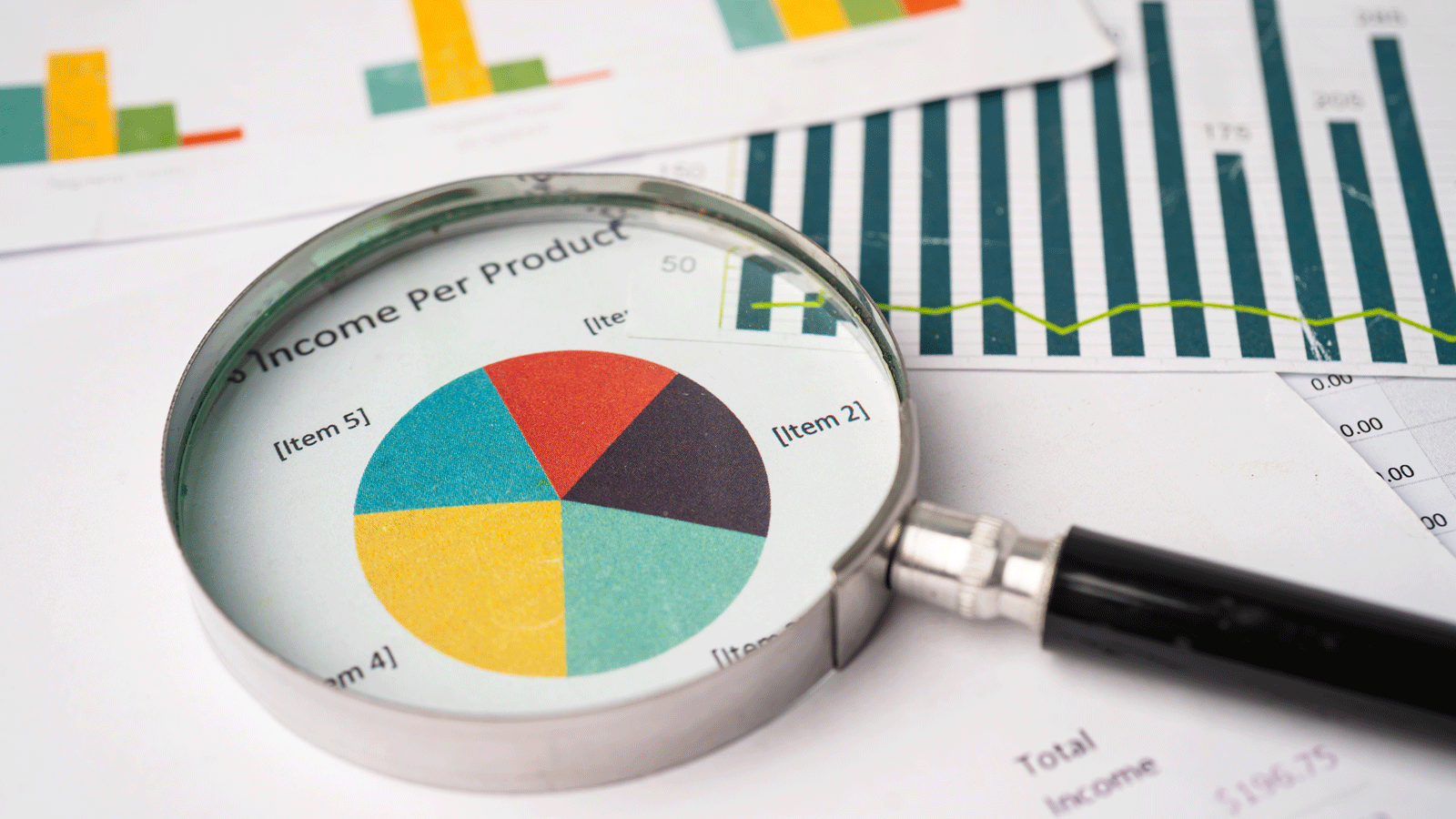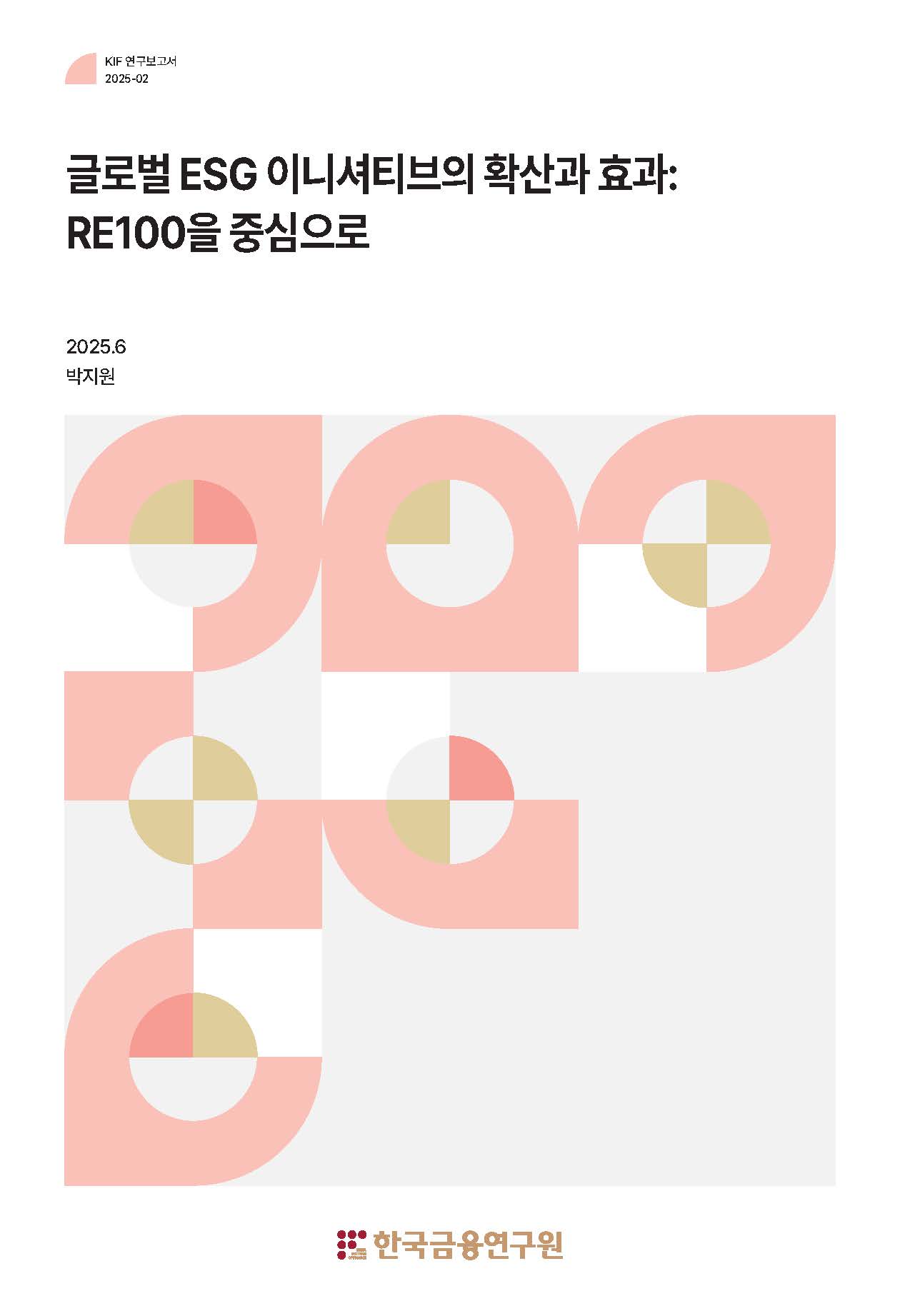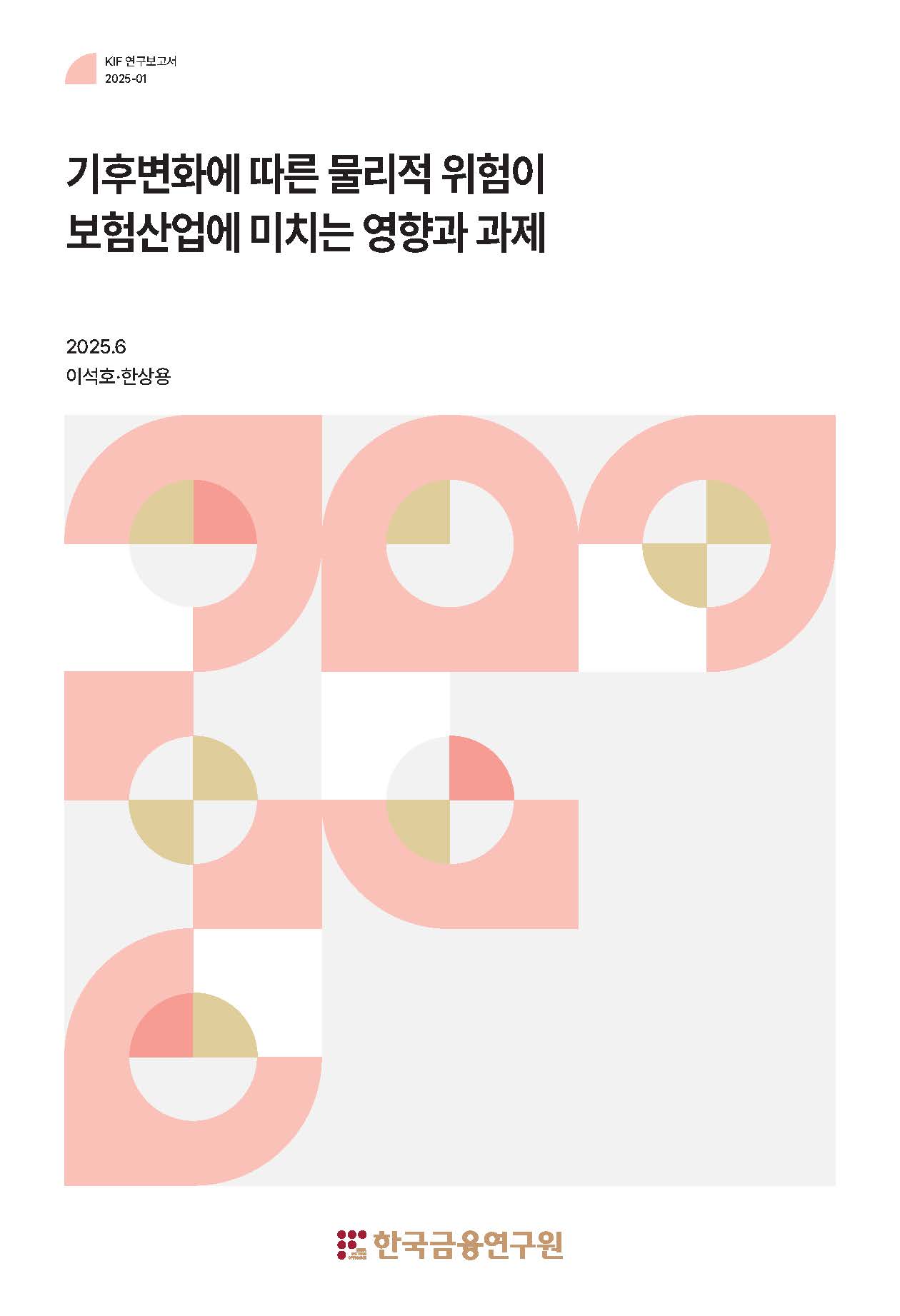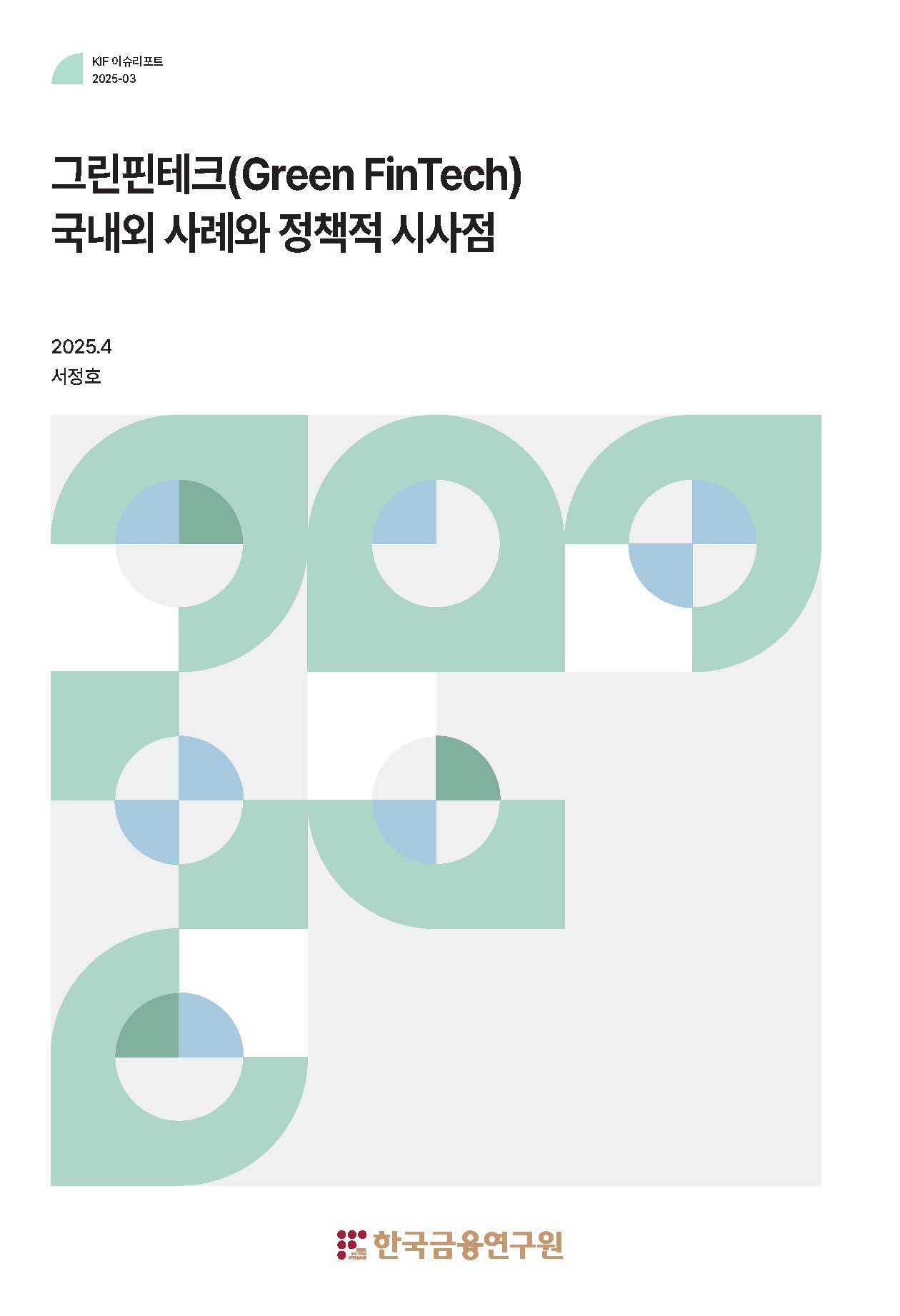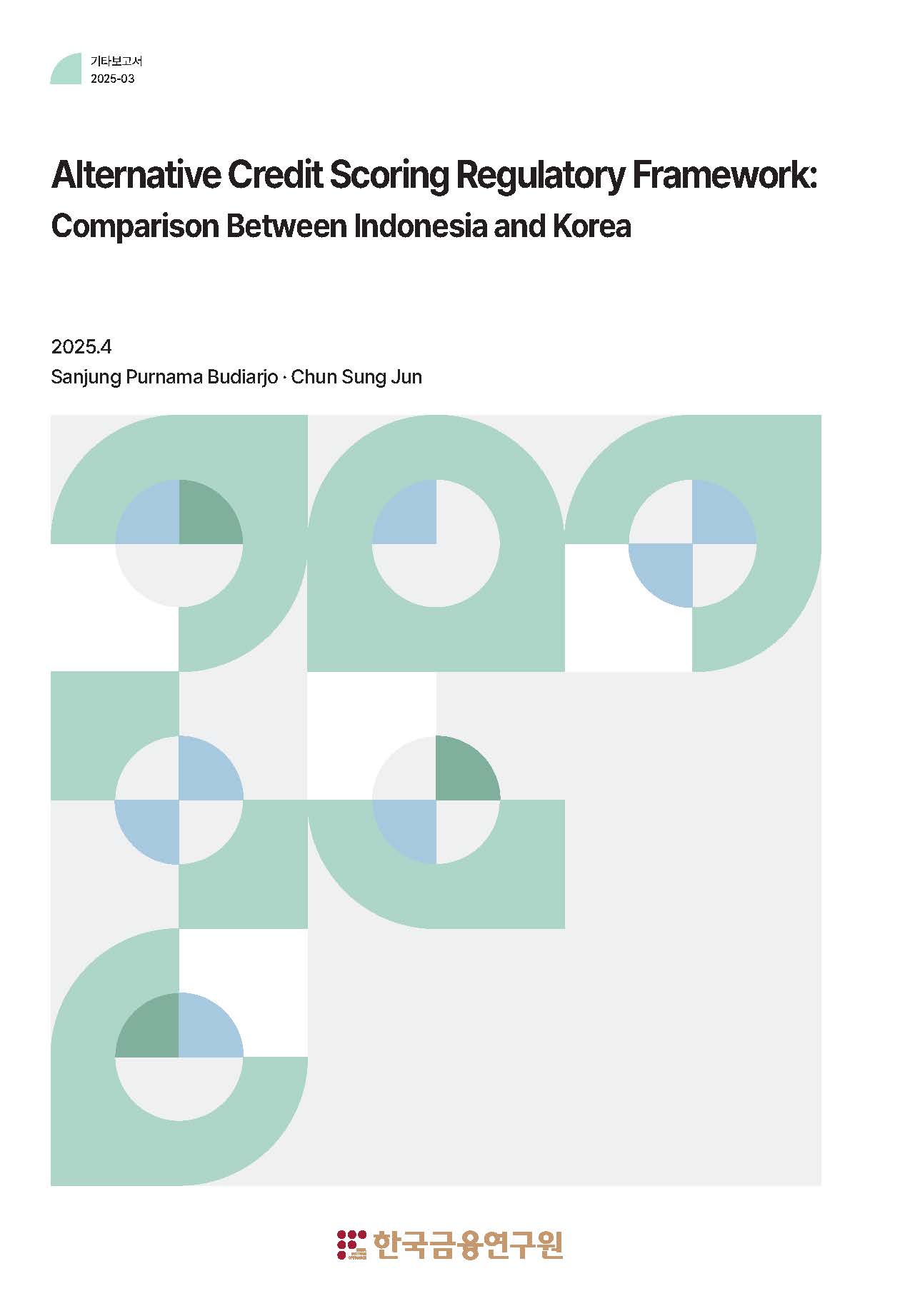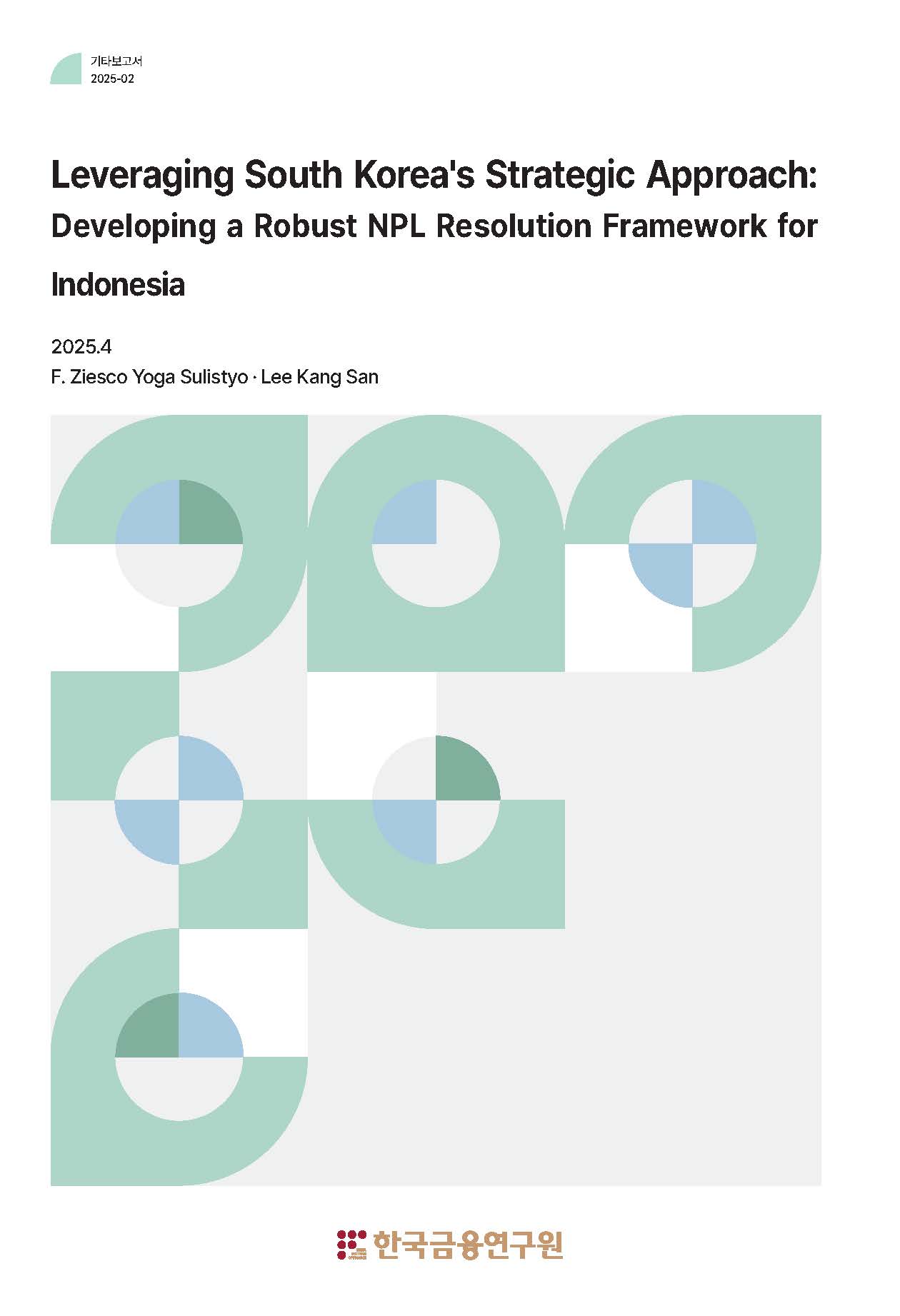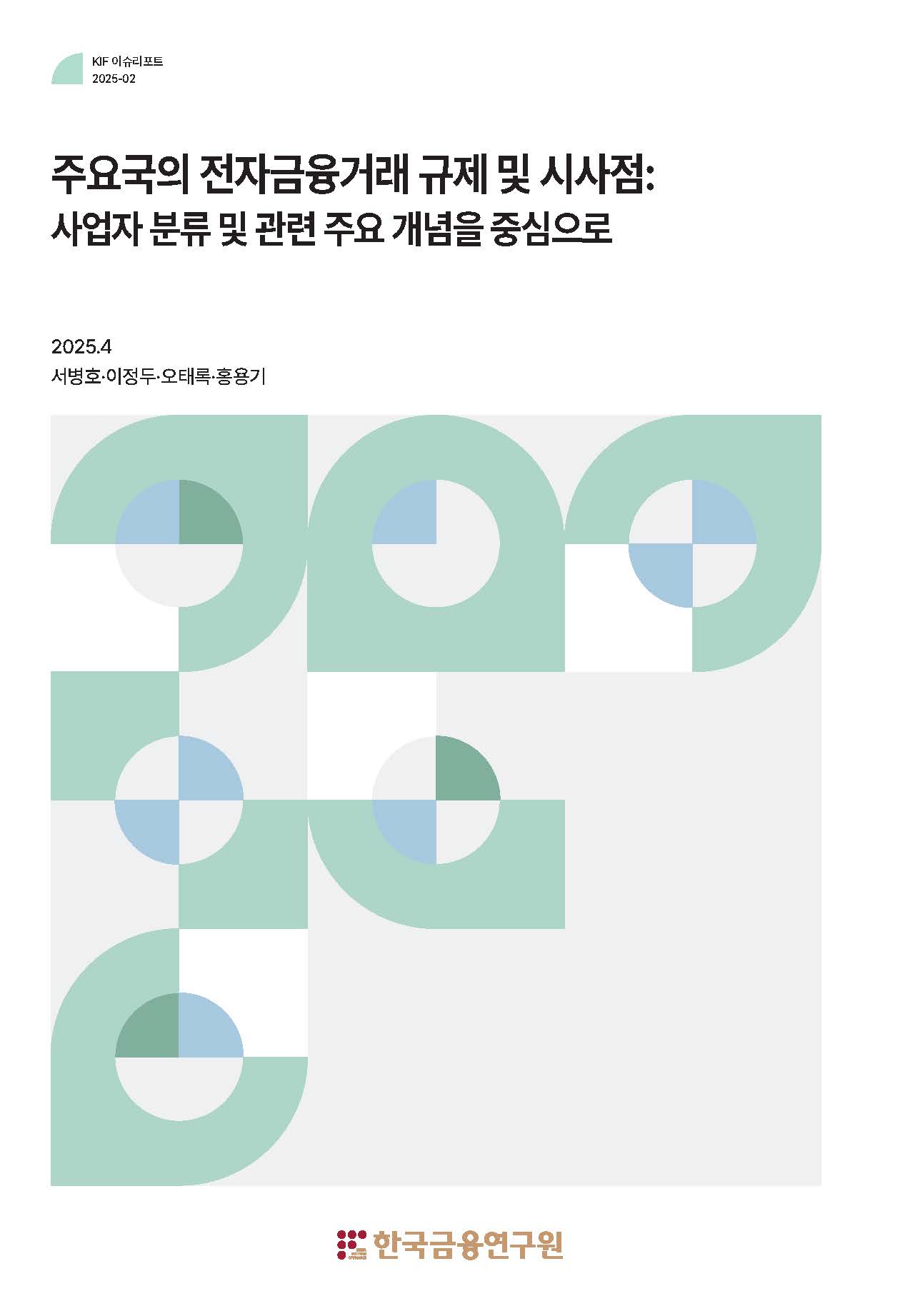
The 2022 UK Government Bond Market Crisis: Background and Implications
The 2022 turmoil in the UK government bond market can be attributed to two direct causes: i) heightened sensitivity of government bond yields to fiscal soundness concerns compared to previous periods, and ii) the substantial reliance of defined benefit (DB) pension funds on liability-driven investment (LDI) strategies. These two factors are fundamentally rooted in demographic structural changes. As demographic changes have led to sustained increases in fiscal expenditures related to healthcare a...
Financial Review
Minkee Song
-
The Impact of External Economic Conditions on Consumer PricesPolicy Issue in Focus Min ChangOverview and Outlook of New Household Loans by Sector in KoreaPolicy Issue in Focus Hyun Yeol KimA Study on Soundness Management of MG Community Credit Cooperatives: Asset Portfolio AnalysisPolicy Issue in Focus Tae-Rog Oh2025 Korea Fintech Week from November 26 to 28, June 2025 (FSC)News Briefs KIF
New Publications
Seminar Video
Financial Research Brief
more
Financial Review
The 2022 UK Government Bond Market Crisis: Background and Implications
Jun 28, 2025-
Policy Issue in Focus
-
Policy Issue in Focus
-
Policy Issue in Focus
-
News Briefs
New Publications
Seminar Video
International Conference..
Cooperation for Multilateral Responses to the State Capitalism - Video
Mansoo JeeNov 2, 2023





